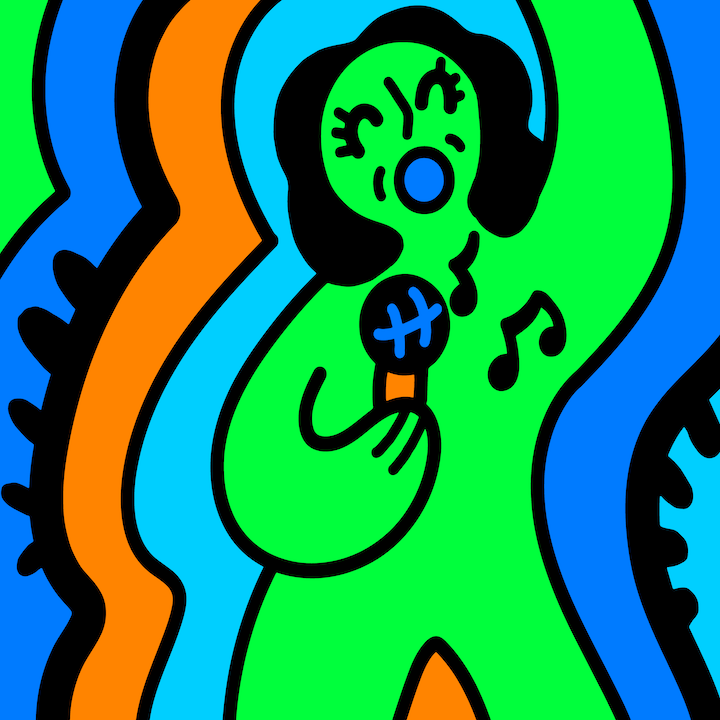By Sandi Curtis, author of “Music for Women (Survivors of Violence)”
We can learn a lot from Lizzo and other strong female singer/songwriters. In “Truth Hurts,” Lizzo tells it as she sees it on men, break ups, and self-respect: “Why men great ‘til they gotta be great. I just took a DNA test, turns out I’m a hundred percent that bitch.” Hers is a strong, confident song coming from her own experiences. When we listen, it becomes our strong, confident song.
Fans turn to their favorite songs for consolation, inspiration, and motivation. They know there’s something about music and they’re right. My many years of music therapy practice and research show that music can be an incredible resource for healing and empowerment. Music is unique and powerful in how it moves us physically, emotionally, cognitively, and spiritually. Music in combination with words and images is all the more powerful.
Many turn to music on their own. Others use a rich variety of music making experiences for deeper personal exploration in consultation with a music therapist. These therapists have the musical and therapeutic training that makes it possible to take full advantage of the powers of music.
In my work with women survivors of violence, I’ve seen women find healing, build resilience, and re-gain self-acceptance through music. In listening together to the songs of female singer/songwriters, we explore the sociopolitical factors that constrain the lives of women and men. We hear women’s stories about male violence, but also about love, relationships, gender, power, and control. In singing these songs together, we internalize them and make them our own. In writing songs, we are able to give voice to our own experiences. In recording these songs, we are able to reclaim our voices – and this can be so important for abused women whose voices have been silenced for so long, by so many. Not just the abuser, but also those who fail to help them – those who blame, shame, or disbelieve them.
I’ve found that “Praying” by Kesha, is a powerful song for those recovering from male violence. Kesha wrote it for herself, as part of her healing after sexual assault by her music producer and the silencing that followed. Kesha also wrote it for every woman survivor who listens to it. Her response to the violence is complex, complicated, and authentic. It confirms that every woman’s response is right, it reflects their own authentic journey to healing. The song also leads the way for other women to put their own journey to song.
A lot can also be learned from “Not Ready to Make Nice” by The Chicks who experienced a very powerful and public silencing of women. Because of political comments made about former President Bush, they were blacklisted by many in the music industry and received considerable hateful and violent messages for many years. “Not Ready to Make Nice” reflects women’s righteous anger in response to silencing and violence. It’s the perfect you-can-kiss-my-ass song for the current times where women are “mad as hell” and not going to take it anymore.
There are so many great songs out there now by strong women singer/songwriters that touch on so many important issues in our lives. We can listen to them alone or with company. Used independently or in consultation with a music therapist, they hold great potential for our personal growth and transformation. They’re all out there waiting, so dive in.






